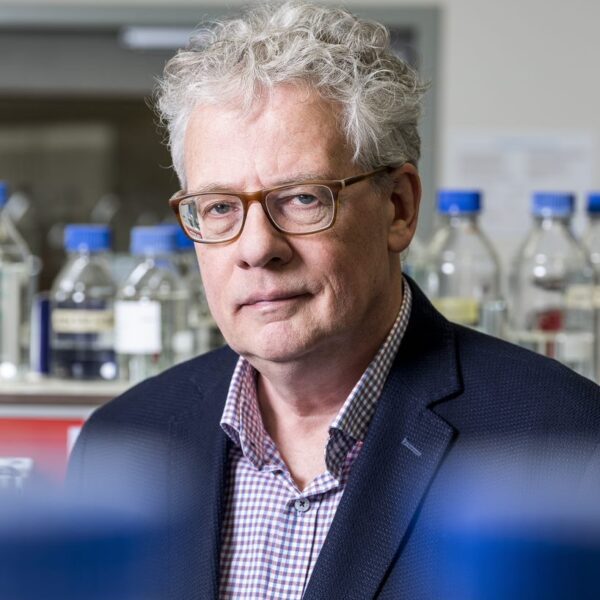

Joost Verhaagen
Department head
Over Joost
Joost Verhaagen is an expert in the neurobiology of axon regeneration and in gene therapy. His laboratory studies structural and functional regeneration and plasticity in the injured and intact peripheral and central nervous system with a focus on the role of transcription and neurotrophic factors and chemo repulsive proteins. His research is relevant to advance our understanding of how neurons survive injury and how nerve cells form and maintain new functional connections after injury.
Joost Verhaagen was trained in molecular biology, obtained a Ph.D. degree from the faculty of Medicine at the University of Utrecht, received post-doctoral training in the laboratory of Chemosensory Neurobiology (Roche Institute of Molecular Biology, Nutley, USA, headed by Frank Margolis), and was a visiting scientist in the Laboratory of Neurobiology and Behavior (The Rockefeller University, New York, USA, headed by Donald Pfaff). He founded and headed the Laboratory for Neuroregeneration at the NIN and is strategic professor in the Molecular Biology of Neuroregeneration at the Vrij Universiteit Amsterdam. He has published over 200 peer reviewed papers and received national and international research funding, including a fellowship of the Royal Netherlands Academy of Sciences, a pioneer fellowship of the Netherlands National Research Council (NWO), and grants form NWO-TOP, SenterNovem, Top Institute Pharma, the International spinal research trust, and Wings for Life. He is the 2004 – Raine visiting professor at the University of Western Australia in Perth. In 2013 he received the Schellenberg Prize as recognition for his work on neuron-intrinsic control of axon regeneration. He edited a number of books, including the Handbook of Clinical Neurology on Spinal Cord Injury (2012) and a recent volume of Neuromethods on Gene Therapy for Neurological Disease (2015). Verhaagen has supervised 25 Ph.D. students many of whom pursued a career in (neuro)science and are now successfully running their own laboratory or are employed in leading positions in biotechnology companies.
Steun ons werk
De Stichting Vrienden van het Herseninstituut ondersteunt baanbrekend hersenonderzoek. U kunt ons daarbij helpen.
Steun ons werk